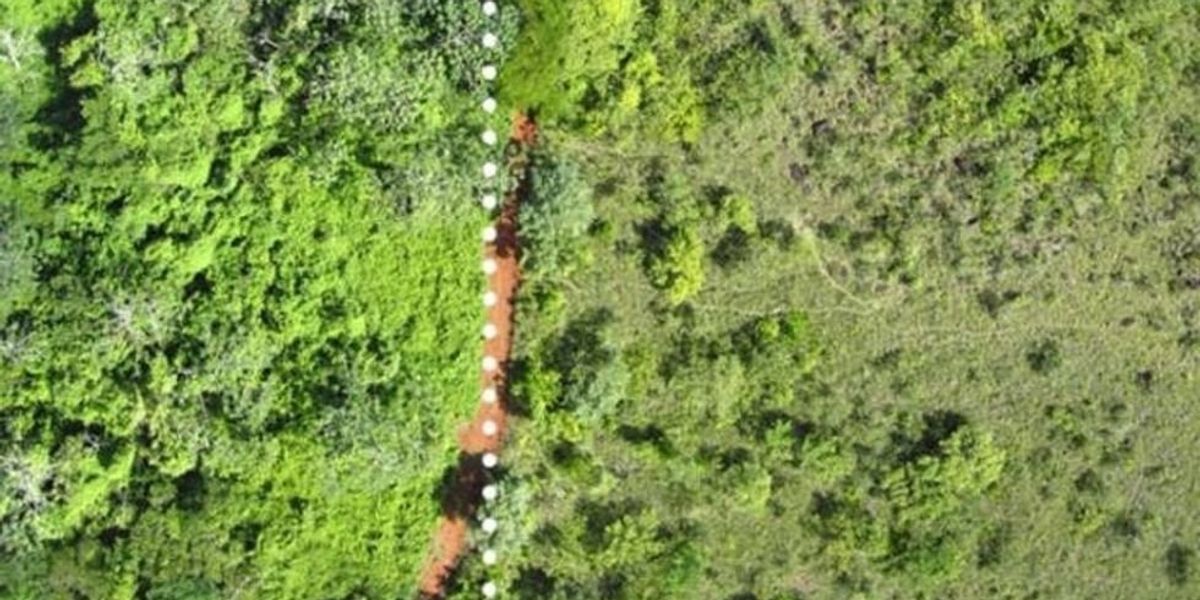…one thousand trucks poured into the national park, offloading over 12,000 metric tons of sticky, mealy, orange compost onto the worn-out plot. The site was left untouched and largely unexamined for over a decade. A sign was placed to ensure future researchers could locate and study it.
16 years later, Janzen dispatched graduate student Timothy Treuer to look for the site where the food waste was dumped.
Treuer initially set out to locate the large placard that marked the plot — and failed.



That was my reaction too! I read the headline and immediately thought “oh god they killed it didn’t they”. I was shocked to find out it was a resounding success, at least in comparison to the alternative of doing nothing.
It’s probably got something to do with local soil ecology or rainfall amounts, so there may still be some merit to not composting your orange peels, but this definitely makes me want to learn more about why this guidance is so heavily repeated.
I compost all my food scraps and leftovers from anything that I eat.
My personal experience is that normal food waste will not cause problems with your compost. Everything composts eventually.
Not only repeated, but blindly repeated.